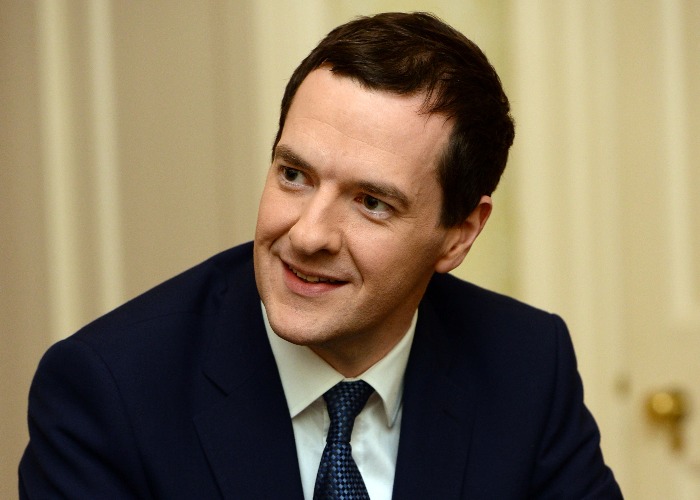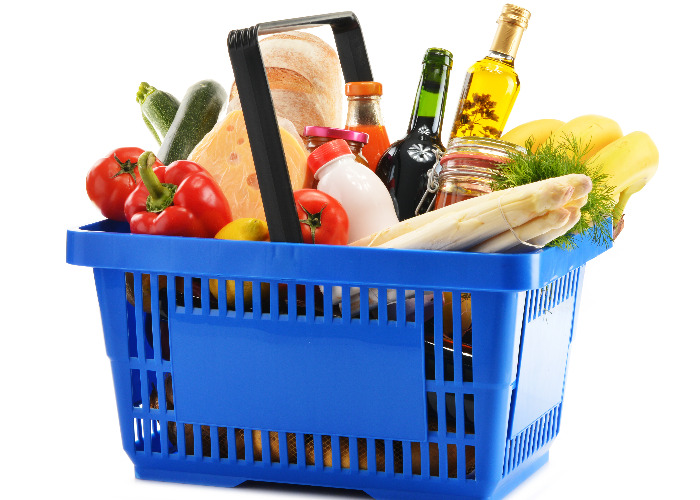Brexit: money winners and losers of the EU referendum

As the dust settles, we look at who’s cashed in on Brexit and who’s been left out in the cold.
It’s been almost two weeks of major upheaval since the UK voted to leave the EU.
While there’s obviously far more to come, there have already been a few clear winners and losers from a financial perspective.
Let’s take a look at who’s better off and who’s worse off, based on what we know so far.
Winners
Crispin Odey and the Leave speculators
Where else to start but with the hedge fund manager who reportedly made more than £200 million in a couple of days?
Banking that a leave vote would create panic in the markets, Crispin Odey shorted (bet their value would fall) a number of big-name companies and also bet that the pound would collapse against the dollar.
On the day the result was confirmed, sterling duly plummeted to its lowest level against the dollar since 1985, while some FTSE 100 companies lost up to 40% of their value, leaving Crispin quids in.
Of course he wasn’t the only winner – a number of hedge funds around the world which gambled on the result raked in huge sums in a matter of hours.
Those who thought we’d remain, however…
Plan for your future: visit the loveMONEY investment centre
Borrowers
There are many areas where our finances are predicted to deteriorate (and we’ll get to those later), but one thing that’s likely to get cheaper is the cost of borrowing.
Specifically, mortgage rates look set to tumble even further after Mark Carney, the Governor of the Bank of England, hinted that interest rates could be cut from their record low of 0.5% this summer.
Compare mortgage rates on loveMONEY

Your pension pot
You might have thought the stock market volatility has been terrible news for your pension savings. However, figures show the value of some of the nation’s biggest pension funds actually increased since the vote.
As reported in The Guardian, Standard Life’s £20 billion Managed Pension had increased 2.1%. while Scottish Widows’ £8.1 billion Balanced fund was up 4.3%.
The reason why they’ve performed so well despite the stock markets taking a knock is two-fold.
First, these funds have increasingly diversified portfolios, with blue-chip firms in the UK making up a smaller percentage of their overall allocation.
The second part is to do with the plummeting pound. John Blowers, head of Trustnet Direct, explained to The Guardian:
“The weak pound means sterling-denominated assets are now cheaper for overseas investors, which is helping support equity prices, while many companies listed in London get a hefty share of their profits in a foreign currency."
Plan for your future: visit the loveMONEY investment centre
Consultants and lawyers
With the vote to leave creating many, many more questions than answers, professional services firms are preparing for a veritable boom as companies struggle to figure out what it all means.
As Steve Varley, UK chairman of consultants EY, told the FT: “Most clients didn’t expect to be reaching for the Brexit folder.
“This – and the uncertain nature of what ‘out’ would look like – meant that they have only drawn up tentative contingency plans over the past few months. Now they are scrambling for advice.”

Businesses' tax bills
For businesses, the decision to leave the EU will clearly create both winners and losers depending on which sector they operate in.
But all businesses will benefit from a reduction in Corporation Tax.
In a bid to convince the world Britain is still ‘open for business’, Chancellor George Osborne has pledged to slash the business tax rate from its current 20% to less than 15%.
Admittedly, the chancellor had already mapped out plans in his last Budget to reduce it to 17%, but he’s clearly decided Brexit means a further reduction is necessary.
Losers
Savers
If, as expected, the Bank of England base rate is cut to 0.25% to stimulate the economy in the wake of the Brexit vote, then it’ll be yet more bad news for savers.
Rates are hardly generous at the moment, but any further cut will only make things worse. If you do have savings, you might want to consider locking into a top-paying fixed-rate savings account before rates fall. Alternatively, you could look at high-interest current accounts, which pay up to 5% on smaller savings pots.
Make sure your savings are earning a top rate: compare accounts

Supermarket shoppers
There was also gloomy news on the shopping front. Tim Steiner, chief executive of Ocado, said a weak pound might lead to “inflationary pressure”, meaning prices will go up at the till.
Holidaymakers
Speaking of the weaker pound, you also have that to thank for the rising cost of your summer holiday.
Even if you’ve already booked your flights and accommodation, the cost of buying foreign currency has jumped markedly since the Brexit vote.
Looking longer term, Steven Mendel, CEO of insurer Bought By Many, believes travel insurance premiums for European holidays are going to rise as we might no longer benefit from the EHIC medical card.
“One of the reasons why European travel insurance is low cost is because there is the presumption that should a policyholder fall ill while overseas that they will be treated in a local hospital on the reciprocal healthcare arrangement that exists across the EU and therefore not require expensive repatriation,” he said.
“If this reciprocal arrangement falls away, then policyholders are likely to make larger claims and so premiums will have to increase to compensate.
Find the right travel insurance for you
Anyone wanting an annuity
Two providers cut their annuity rates on the morning the Brexit result was confirmed, while financial site Moneyfacts said overall rates fell 8% by June 30.
As Tom McPhail, head of pension research at Hargreaves Lansdown, said last week: “If you were planning on buying [an annuity], then you might want to get your skates on.”

Workers
Last week, Chancellor Osborne warned that “We are… going to have to show the country and the world that the Government can live within its means”, before adding this would “absolutely” mean spending cuts and tax hikes.
He wouldn’t be drawn on what the Treasury might hike but it’s worth noting that, in the build-up to the referendum, he claimed Income tax might need to be increased if we voted to leave the EU.
Motorists
It’s not what you’ll want to hear after four consecutive months of rising prices at the pumps, but most analysts believe Brexit will only serve to further fuel increases.
One unnamed 'Remain' punter
The vote was always going to be a tight affair. Yet Betfair has confirmed that one unnamed individual was so sure we’d vote to stay that they bet a whopping £315,000 on Remain. Oops.
More on Brexit:
What to do with your money now we've voted to leave
Brexit: six in 10 think we'll be poorer
Osborne warns of spending cuts and tax hikes
Comments
Be the first to comment
Do you want to comment on this article? You need to be signed in for this feature